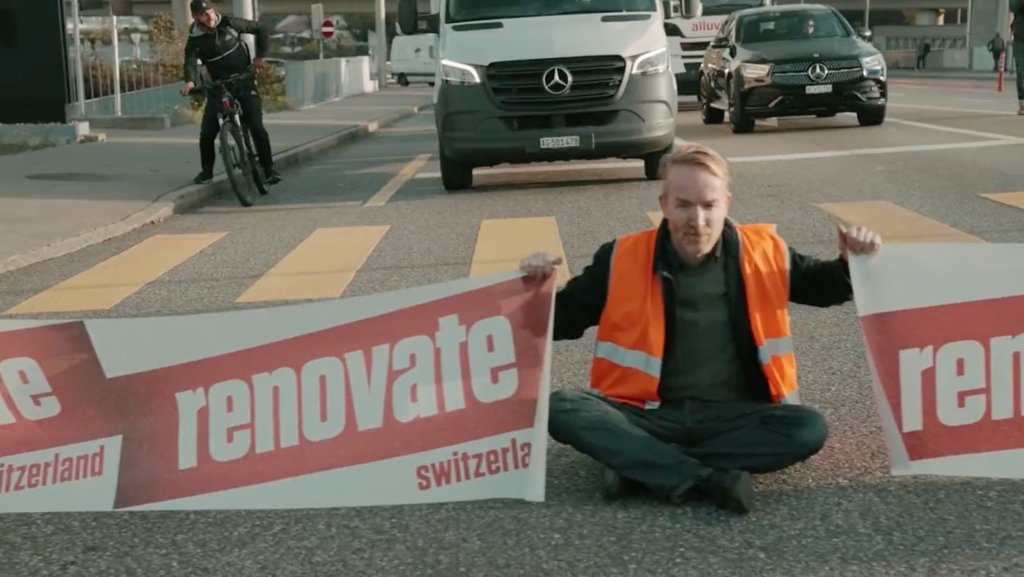Nuclear power. When things go wrong as they have in places like Fukushima and Chernobyl, they get really scary, really fast. People die. They get radiation poisoning. The damage it wreaks is so unnatural-seeming, it’s the stuff of fantastic sci-fi visions—where irradiated ants grow to size of tanks and hijack Los Angeles; irradiated dead people rise from their graves and eat our entrails.
But as Motherboard’s own Brian Merchant argued last summer, our fears about nuclear fall-out, though grounded in some pretty grizzly reality, want a bit of perspective. “Compared to the toll of other energy sources (namely coal),” he writes, “nuclear power’s impact has been relatively benign—with regards to human life, anyways.”
Videos by VICE
A study published recently in Environmental Science and Technology by scientists at the NASA Goddard Institute for Space Studies and the Columbia University Earth Institute adds heft to that argument, indicating just how much human life nuclear power may have saved over the years. To wit, researchers estimate nuclear power has prevented more than 1.8 million deaths due to air pollution between 1971 and 2009.
Given our fears, the findings are counterintuitive. But they’re persuasive. Those lives were spared, researchers say, because nuclear power spared the earth’s atmosphere 64 gigatons of CO2-equivalent greenhouse gas emissions. What’s more, they argue, an additional 80 to 240 gigatons and up to 7 million deaths could be prevented by around 2050 if we replace some of our fossil fuels with nuclear power over time.
There’s a big difference between the estimated 1.8 million from the last 40 years and as many as 7 million in the next 40 years. Some of that is attributable to the world’s growing population. But some is because the world is industrializing in places like China, where fossil-fuel pollution is a major problem. As the graph above indicates, estimated rates of annual lives saved by nuclear power has grown steadily for decades.
As Ben Schiller at Co.Exist explains:
[Study authors] Pushker Kharecha and James Hansen estimate that 4,900 people died as a result of nuclear power between 1971 and 2009, mostly from workplace accidents and radiation fallout, but, they said, 370 times more people (1.84 million) would have died, had we generated the same power from fossil fuels.
The scientists’ figures are based on estimates of mortality caused by particulate pollution, which killed 1.2 million people in China in 2010, according to a recent report. And it gets worse. They say burning natural gas to replace nuclear power will result in at least 420,000 deaths by 2050, and 7 million more if we replace it solely with coal.
Nuclear doesn’t have to be the solution. There are plenty of green tech alternatives under development. The researchers make it clear, however, that they believe “large-scale expansion of unconstrained natural gas use” would not solve the problem and would “cause far more deaths than expansion of nuclear power.”



